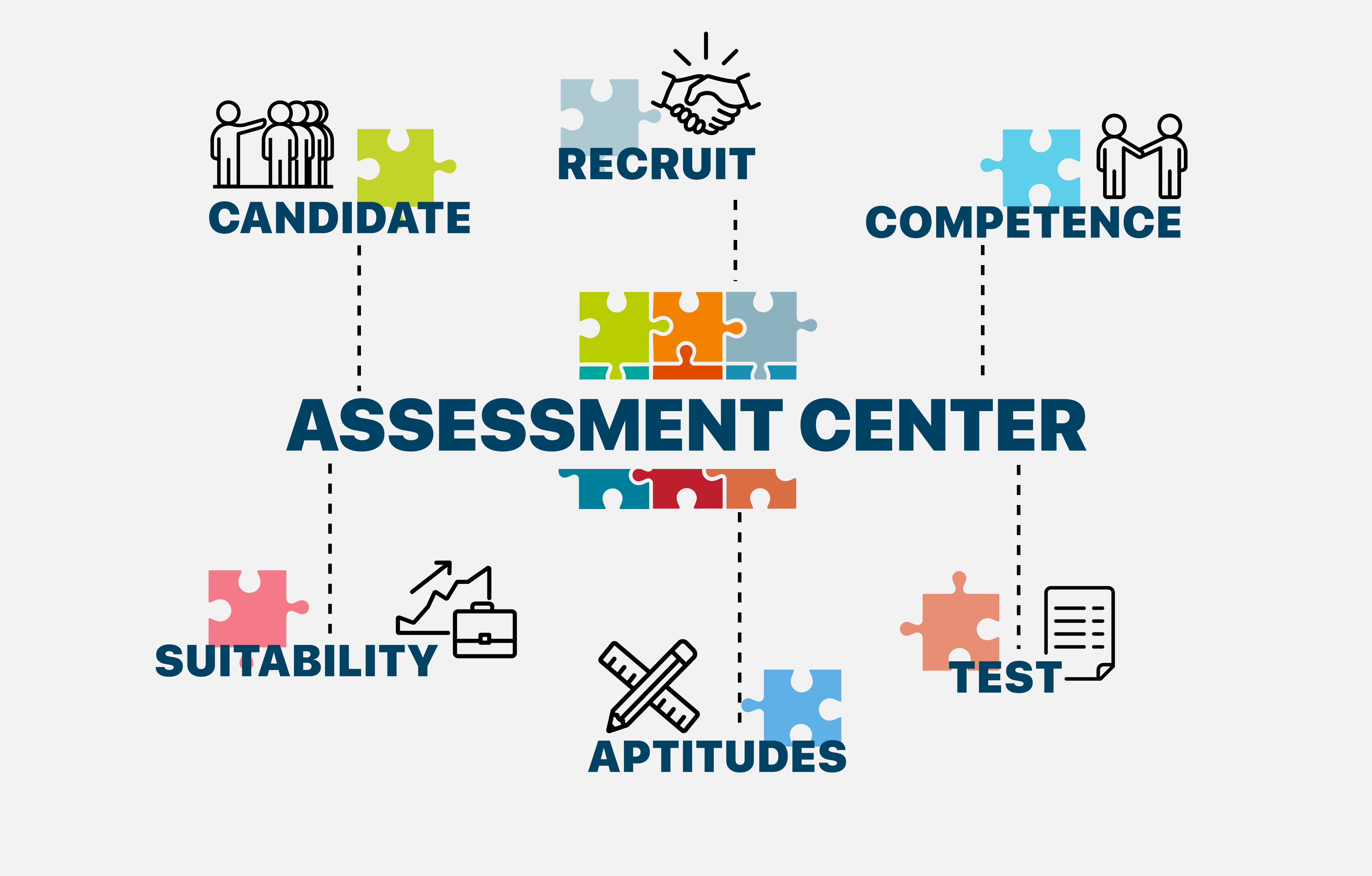Why You Should Avoid CEOs Who Deflect, Defend, Distract, and Divide
In the competitive world of private equity, it's crucial for firms to manage their investments in a manner that maximizes returns and mitigates risks. A key component of this is ensuring that the right leader is at the helm of each portfolio company. A CEO that deflects, defends, distracts, and divides is likely to jeopardize the success of the company and the private equity firm's investment. In this post, we'll explore the reasons why private equity firms avoid such leaders and the potential consequences of having them in charge.
- Erosion of Trust and Accountability:
A CEO who deflects responsibility and defends their actions without considering the potential impact on the organization may erode trust among employees and stakeholders (1). This lack of accountability can hinder the company's ability to achieve strategic goals and respond to challenges, ultimately undermining the potential for a successful exit or return on investment for the private equity firm.
- Reduced Collaboration and Innovation:
A leader who divides the organization, by playing favorites or promoting an "us versus them" mentality, can stifle collaboration and innovation (2). This may result in a less agile and adaptive organization, which is particularly problematic when operating under the pressure of a private equity firm's expectations for growth and profitability.
- Hindered Problem-Solving and Decision-Making:
When a CEO distracts the organization with unrelated or minor issues, it can result in a loss of focus on the core strategic objectives and priorities (3). This can impair the company's ability to make sound decisions and effectively solve problems, ultimately hurting its performance and growth prospects.
- Negative Impact on Company Culture:
The behavior of a CEO who deflects, defends, distracts, and divides can contribute to a toxic company culture (4). This may lead to high employee turnover, low morale, and decreased productivity – all of which can jeopardize the company's ability to deliver on the expectations of the private equity firm.
- Increased Risk to Investment Outcomes:
Overall, a CEO with these behaviors increases the risk profile of the investment for the private equity firm (5). This may lead to lower returns, a longer holding period, or even a complete loss of the investment if the company fails to perform as expected.
Conclusion:
Private equity firms understand the crucial role that a CEO plays in driving the success of a portfolio company. To ensure their investments achieve the desired outcomes, it's essential to avoid leaders who deflect, defend, distract, and divide. By seeking out CEOs who embody strong leadership qualities such as accountability, collaboration, focus, and inclusiveness, private equity firms can better position their portfolio companies for success.
References:
- Edmondson, A. C. (2018). The Fearless Organization: Creating Psychological Safety in the Workplace for Learning, Innovation, and Growth. Wiley.
- Bock, L. (2015). Work Rules!: Insights from Inside Google That Will Transform How You Live and Lead. Hachette Books.
- Mankins, M. C., & Garton, E. (2017). Time, Talent, Energy: Overcome Organizational Drag and Unleash Your Team's Productive Power. Harvard Business Review Press.
- Pfeffer, J. (2010). Power: Why Some People Have It and Others Don't. HarperBusiness.
- Gadiesh, O., & MacArthur, H. (2008). Lessons from Private Equity Any Company Can Use. Harvard Business Review Press.



